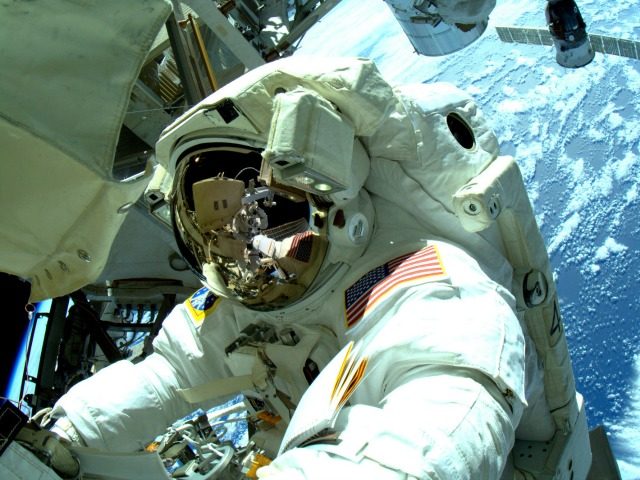Recent experiments aboard the International Space Station (ISS) have produced new and disturbing revelations about bacteria’s behavior outside of our atmosphere.
The prospect of long-term voyages away from our home planet looms on the horizon of human advancement. With that comes a host of considerations that could not only define our capabilities away from the comfort of our home planet but define our very survival.
Aboard the International Space Station, researchers are taking a hard look at the behavior of creatures that represent both our greatest symbiotic relationship and our most dangerous natural foe: Bacteria. University of Colorado Boulder’s Luis Zea, along with a team of fellow researchers, are among those leading the way toward a critical understanding of bacterial behavior in space.
To that end, Zea and his team sent samples of E. coli bacteria to the ISS for observation. We already know that bacteria are more difficult to kill in space but still lack a reason for that increased resilience. The common food poisoning bacteria was taken aboard the space station in order to directly compare its behavior with earthbound samples when faced with the antibiotic gentamicin sulfate. The experiment, according to Zea, was intended as “a systematic analysis of the changing physical appearance of the bacteria.”
The results suggest difficulties for astronauts in future long-distance space flights. In space, E. coli immediately shrunk in size by 73%, developed a thicker cell wall and membrane, and reproduced 13 times as fast as the control samples on Earth. Additionally, some E. coli cells began to produce “membrane vesicles,” which allow the individual creatures to communicate with one another. Furthermore, they began to clump into patterns which suggested a possible tactic to sacrifice outer cells in order to better protect the ones inside.
Zea said that “both the increase in cell envelope thickness and in the outer membrane vesicles may be indicative of drug resistance mechanisms being activated in the spaceflight samples.” Drug resistance is not the only concern. Human immune systems are not naturally equipped for life in the vacuum of space. According to the researchers:
The average healthy individual carries trillions of microorganisms in and on their body, outnumbering human cells. This human microbiome includes opportunistic pathogens, microbes that do not normally cause disease in a healthy person but can provoke an infection when the person’s immune system is suppressed, a concern known to occur during spaceflight.
The team believes their findings obviously “warrant further studying of these phenomena.” If we are going to colonize Mars, or even our own moon, we will need to be sure that we don’t author our own extinction by inadvertently creating quickly-reproducing, antibiotic-resistant superbugs in the process.
Follow Nate Church @Get2Church on Twitter for the latest news in gaming and technology, and snarky opinions on both.

COMMENTS
Please let us know if you're having issues with commenting.